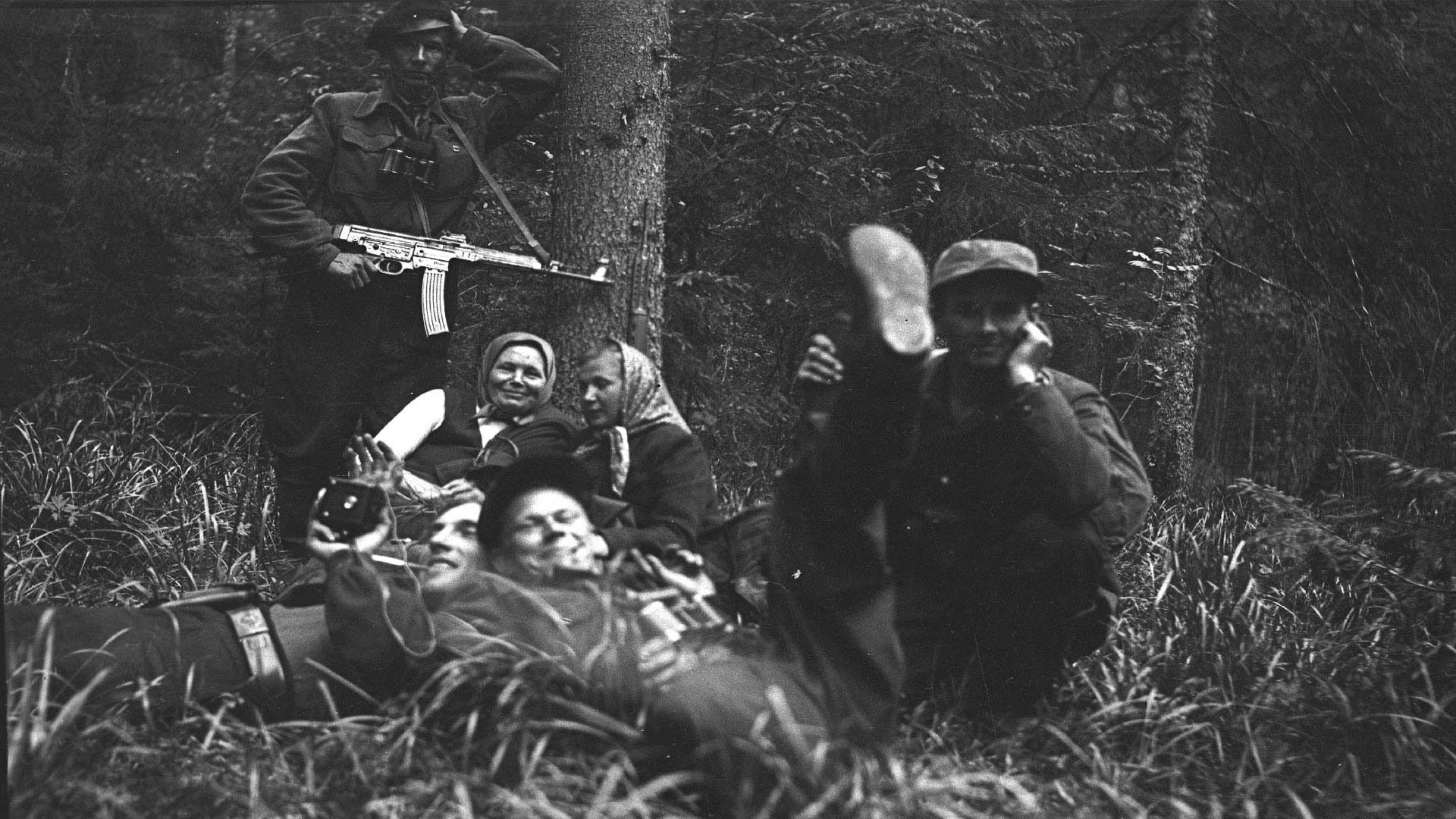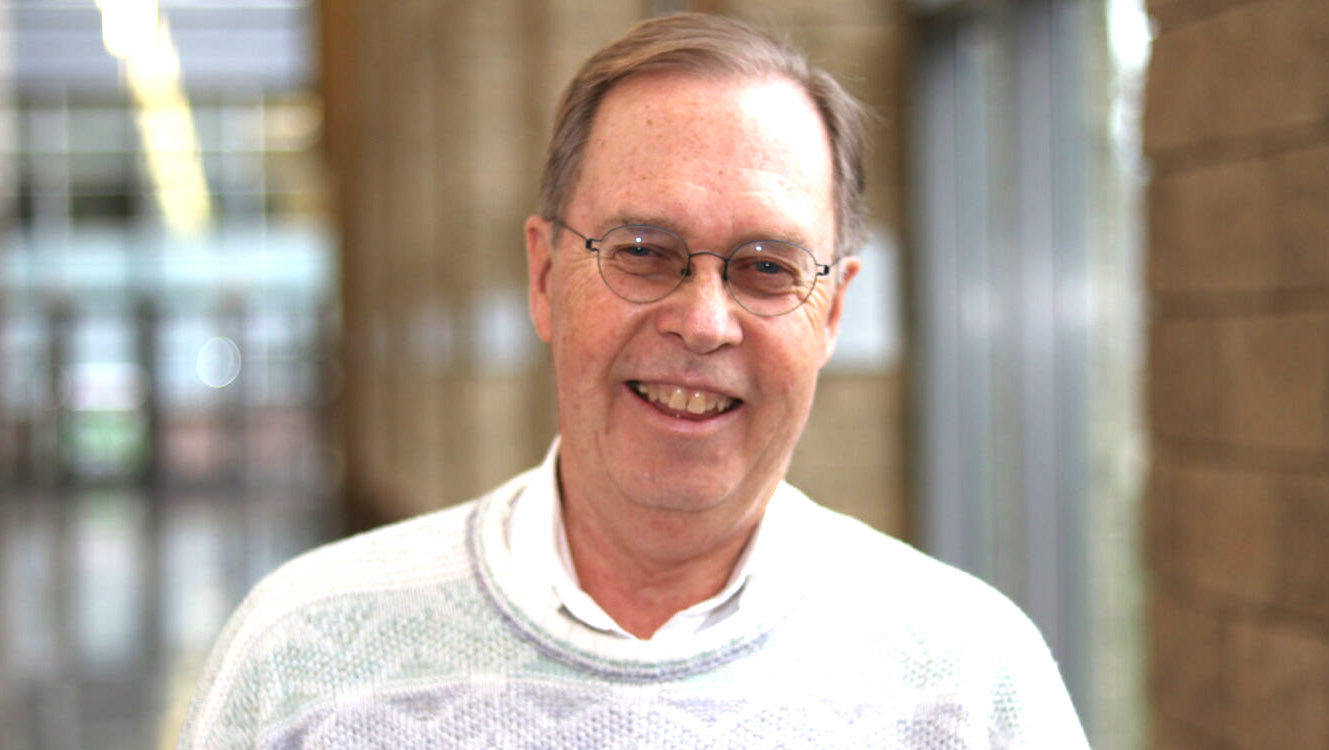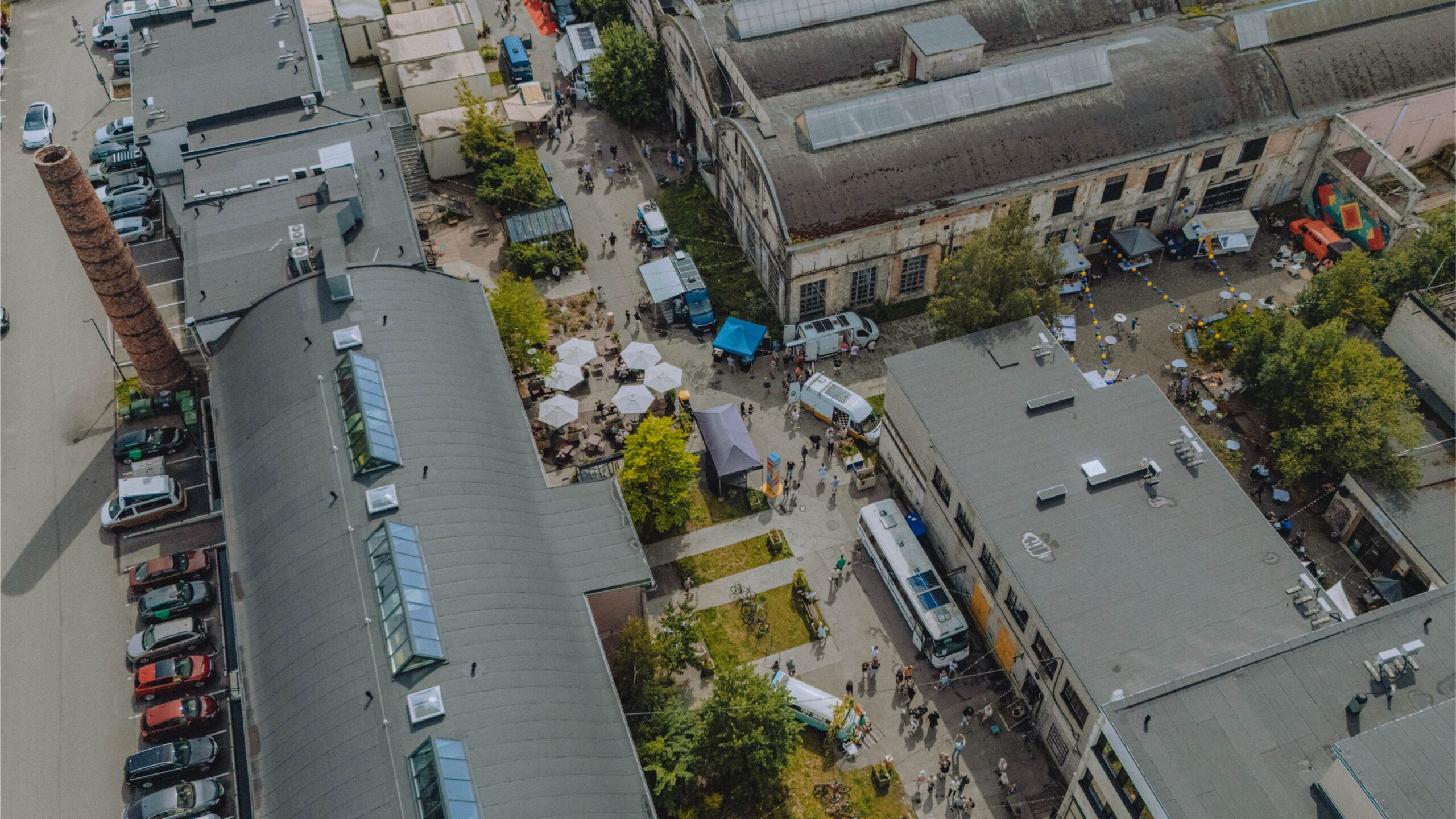I grew up in Estonia during the 1990s. There were no wars, occupations, or such events then, meaning I had it easy compared to the generations before me.
So, why did it still feel so heavy? Many of the adults in my family were angry, and there were numerous disagreements among them, along with feelings of resentment toward one another.
They’d all had tough lives, in one way or another, and they never had a chance to heal or learn to deal with their emotions in healthy ways. They sometimes looked like big kids throwing tantrums, desperately wanting someone to hold them and let them know everything would be okay.
But this never happened. Instead, anger was met with anger, making the situation worse and worse over time until some family members never spoke to one another again.
Children in these situations often lack the love and patience they need because their parents and grandparents don’t know how to provide what they themselves have never experienced. As a result, they often become the same type of adults as those before them.
In my case, the best thing that could have happened was leaving Estonia when I was sixteen. My mum got a job in Belgium and took me and my brother to live there.
This creates a cycle that repeats itself until someone breaks it or leaves. In my case, the best thing that could have happened was leaving Estonia when I was sixteen. My mum got a job in Belgium and took me and my brother to live there.
It was a huge turning point for me. Fast-forward to now: I live in Brazil. Over almost twenty years, I’ve realized that not everyone is angry, and some families get along just fine. With that, I believe I’ve acquired the right tools to avoid repeating the same cycle with my own son.
Moving away has helped me, but it’s definitely not a must. I have a friend in Estonia who had a very tricky relationship with her parents. She stayed in Estonia and made a lot of effort to fix that relationship, and thankfully, her parents met her halfway, and today, they’re doing great.
Generally speaking, younger Estonians are increasingly more open to discussing mental and emotional wellbeing-related topics, while the older generations still find it hard and even unnecessary.
For instance, Tõnis Vilu, a radio host and poet, noted that it’s quite challenging to find individuals over fifty willing to discuss their challenges on-air, whereas twenty-year-olds are more readily willing to share. According to ERR, many older individuals were raised with the mindset of “keeping it to themselves.”
Younger people are not only more willing to talk about mental wellbeing, but they’re also pushing back against anyone who tries to silence them. Oftentimes, it’s their own older family members, as indicated by the Estonian Ministry of Social Affairs.
It has also happened to me that I’ve tried to raise these issues within my own family and been met with, “Why on Earth would you have anything at all to complain about? Have you ever been sent to Siberia or been shot at or raped? No? Then get real!”
The closest thing to mental health care I’ve heard from an older family member was her advice to say it out loud to myself whenever I felt angry, sad, or stressed. She told me that suppressing these emotions can cause serious health issues.
There is also a shift taking place in institutions. For example, schools teach about mental health and make counselling services available, employers provide training on stress management and offer flexible sick leave for mental health reasons, and the government develops supportive policies making mental well-being a collective responsibility.
There’s no need for blaming. The generations before us did their best, and the same goes for us—we do the best we can.
One of the biggest challenges is the insufficient supply of mental health services to meet the increasingly high demand. There are not enough psychiatrists and psychologists, leading to long waiting times.
Despite the challenges faced, like the differences between generations and the lack of mental health professionals, significant progress is being made, and mental health and emotional well-being are starting to be considered part of a person’s overall health.
It’s all about the small changes, the uncomfortable conversations. There’s no need for blaming. The generations before us did their best, and the same goes for us—we do the best we can.
What’s important is our willingness to learn and understand that none of us is “the owner of the truth” (a direct translation from an expression in Brazilian Portuguese, which expresses the idea so clearly).
If you enjoy questioning life, common beliefs, etc, check out my YouTube channel, Question It with Marili. You can start with the video “How to have a better relationship with your child.”




